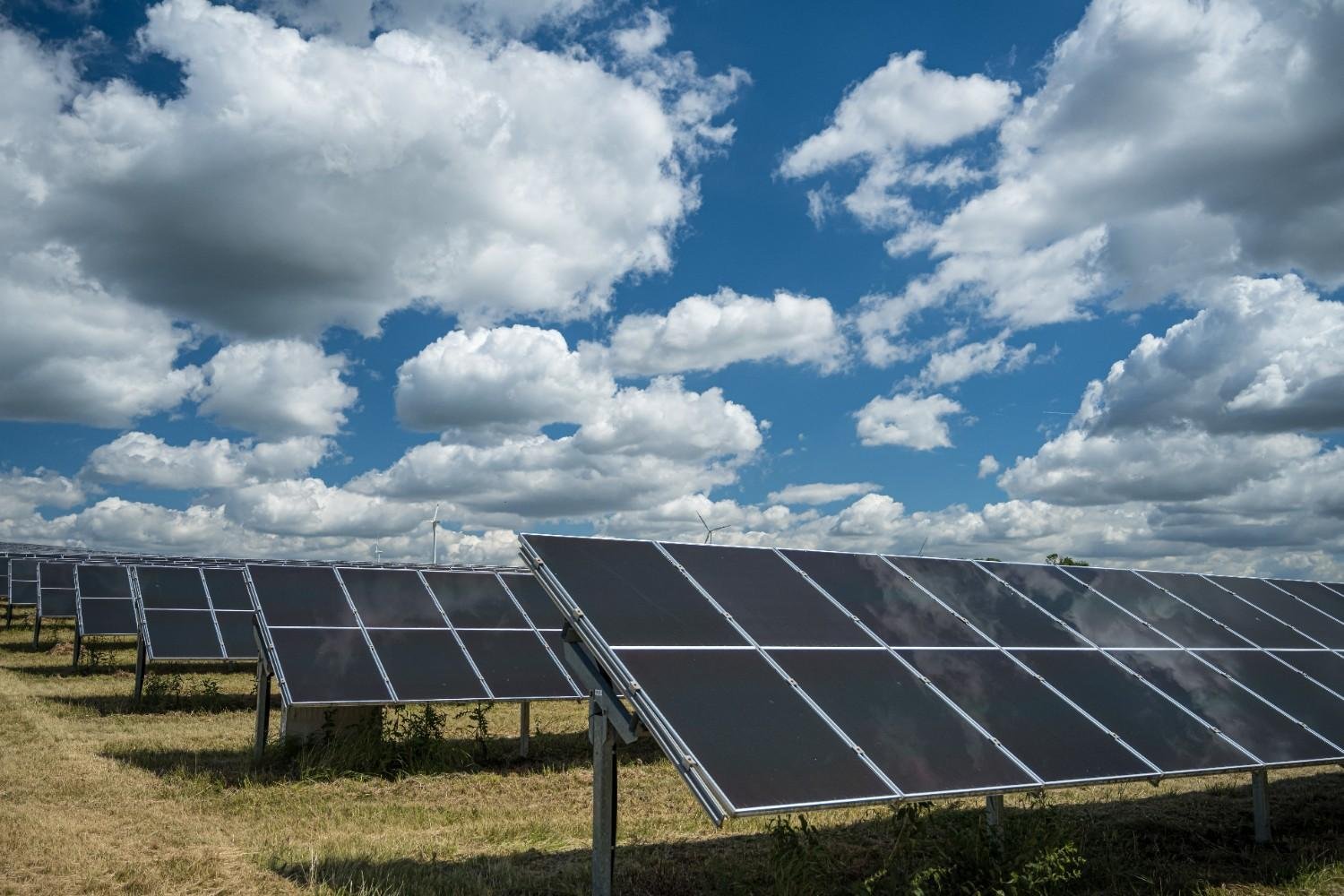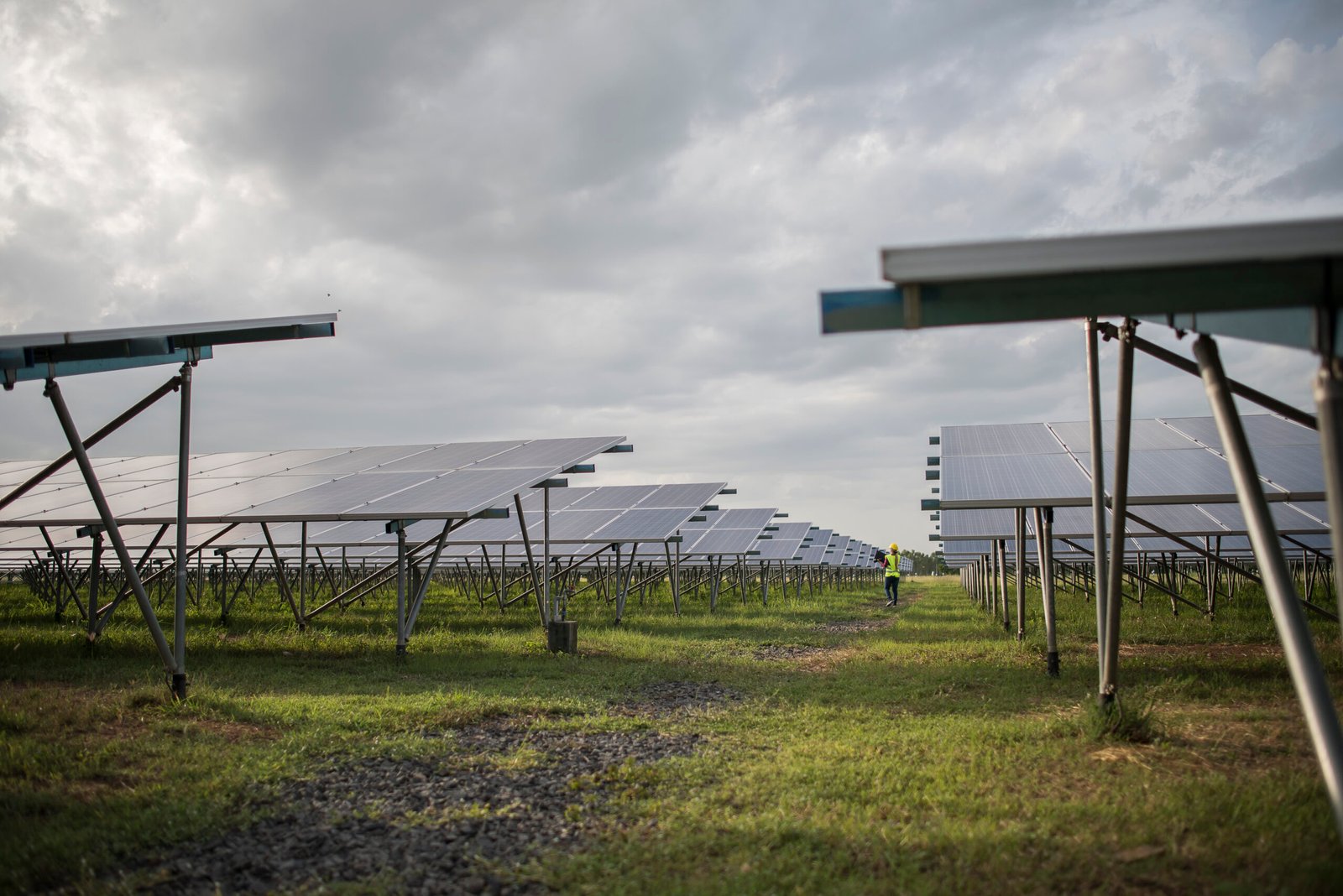As the UK moves towards a more sustainable future, the solar power system has emerged as a key component in reducing carbon emissions and enhancing energy security. At Soleos Solar, we are committed to delivering innovative and sustainable solar solutions across the globe. Our mission is to harness the power of the sun to create a cleaner, greener future for all. With a strong presence in key markets, we are dedicated to driving the global transition to renewable energy. In this comprehensive guide, we will explore the benefits, installation process, and financial aspects of the solar power system in the UK.
The Growing Importance of Solar Energy in the UK
The UK’s commitment to reducing greenhouse gas emissions has led to a significant push for renewable energy sources. The solar power system has become increasingly important due to its low environmental impact and potential for energy independence. With government incentives and technological advancements, solar power systems are more accessible and affordable than ever before.
Benefits of Solar Power
- Environmental Impact: olar power systems are a clean and green energy source that reduces greenhouse gas emissions and other pollutants. They also reduce water consumption.
- Energy Savings: Installing a solar power system can significantly lower your energy bills. Solar panels convert sunlight into electricity, reducing your reliance on grid power and decreasing overall energy costs.
- Increased Property Value: Homes and businesses equipped with a solar power system often see an increase in property value. Potential buyers are attracted to the long-term cost savings and environmental benefits associated with solar energy.
- Energy Independence: A solar power system provides a degree of energy independence by generating your own electricity. This reduces your vulnerability to energy price fluctuations and supply disruptions.
- Government Incentives: The UK government offers various incentives and subsidies for solar power systems, such as the Smart Export Guarantee (SEG) and reduced VAT rates. These incentives make solar power systems more financially attractive.
How Solar Energy Systems Work
Solar power systems in the UK work by converting sunlight into electricity that can be used to power homes:
- Solar Panels: The panels contain PV cells made of semi-conducting materials, like silicon, that absorb the sunlight’s energy.
- Inverter: The DC electricity is converted to alternating current (AC) by an inverter. AC is the type of electricity used in most household appliances.
- Battery Storage: Some solar power systems include battery storage to store excess energy generated during the day. This stored energy can be used during periods of low sunlight or power outages.
- Solar Charge Controller: This device regulates the voltage and current coming from the solar panels to prevent overcharging and ensure the efficient operation of the battery storage.
- Electric Meter: The electric meter measures the amount of electricity generated by the solar power system and consumed by the property. In the UK, you may also benefit from net metering, where excess energy is fed back into the grid, and you receive credits for it.

Installation Process for Solar Power Systems
The installation of a solar power system involves several key steps:
- Site Assessment: A professional installer will assess your property to determine the optimal location for the solar panels. This includes evaluating roof orientation, shading, and structural integrity.
- Design and Planning: Based on the site assessment, the installer will design a customized solar power system that meets your energy needs and budget. This includes selecting the type and number of solar panels, inverters, and battery storage.
- Permits and Approvals: Before installation can begin, necessary permits and approvals must be obtained from local authorities. This ensures that the installation complies with building codes and regulations.
- Installation: The solar panels, inverter, and other components are installed according to the design plan. This typically involves mounting the panels on the roof, connecting the wiring, and setting up the inverter and battery storage.
- Inspection and Testing: Once the installation is complete, the system undergoes inspection and testing to ensure it operates correctly and safely. This may include checking electrical connections, verifying system performance, and ensuring compliance with regulations.
- Commissioning: After successful testing, the solar power system is commissioned and connected to the grid. You can start enjoying the benefits of renewable energy and reduced electricity bills.
Financial Considerations
There are many financial considerations to consider when installing a solar power system in the UK, including:
- Cost: The cost of a solar panel system depends on the size of the system, the number of panels needed, and the difficulty of accessing the roof. A 4kW system for a 2–3 bedroom home typically costs £5,000–£6,000, while a 3-bedroom property with a rooftop system and battery costs around £9,100.
- Return on Investment (ROI): The return on investment (ROI) is a measure of the effective returns an investment will generate over the system’s lifetime. The shorter the payback period, the quicker the rewards are reaped. Typically, homeowners can expect to see a return on their investment within 5 to 10 years.
- Financing Options: There are several financing options available for solar power systems, including solar loans, leases, and power purchase agreements (PPAs). These options can help spread the cost of installation over time and make solar energy more affordable.
- Government Incentives: Take advantage of available government incentives to reduce the upfront cost of your solar power system. The Smart Export Guarantee (SEG) allows you to earn money by exporting excess energy back to the grid, while reduced VAT rates can further lower costs.
Choosing the Right Solar Power System
When selecting a solar power system, consider the following factors:
- Energy Needs: Determine your energy consumption and select a solar power system size that meets your needs. A professional installer can help you estimate your energy requirements and design a suitable system.
- Panel Quality: Choose high-quality solar panels with a good efficiency rating and durability. Look for panels with long warranties and positive customer reviews.
- Installer Reputation: Research and choose a reputable solar installer with experience and expertise in solar power systems. Check customer testimonials, certifications, and industry affiliations.
- System Design: Ensure that the system design maximizes energy production and efficiency. This includes proper panel placement, inverter selection, and battery storage options.
- Financial Considerations: Evaluate the cost, ROI, and financing options for your solar power system. Consider government incentives and rebates to reduce the overall cost.
Conclusion
Solar power systems offer a range of benefits, including environmental sustainability, cost savings, and energy independence. With the right solar power system and professional installation, you can enjoy the advantages of renewable energy and contribute to a greener future. At Soleos Solar, we are dedicated to providing top-quality solar solutions tailored to your needs. By investing in a solar power system in the UK, you can take a significant step towards reducing your carbon footprint and achieving long-term energy savings.
Ready to take the next step towards a greener future? Contact Soleos Solar today to learn more about how a solar power system can benefit your home or business. Our team of experts is here to guide you through the process, from design and installation to maximizing your financial savings. Don’t miss out on the opportunity to invest in sustainable energy—reach out now for a free consultation and start your journey towards energy independence and long-term savings!
